kidney transplant life expectancy after transplant
Transplanted kidney failure has been reported at about 4 percent among deceased-donor recipients of the kidney transplant within one year of procedure and at about 21 at five years after procedure. So the surgery is performed immediately as the kidney transplant cost.

Equivalent Long Term Transplantation Outcomes For Kidneys Donated After Brain Death And Cardiac Death Conclusions From A Nationwide Evaluation Eclinicalmedicine
When combined with a kidney transplant about an 11-year graft half-life.
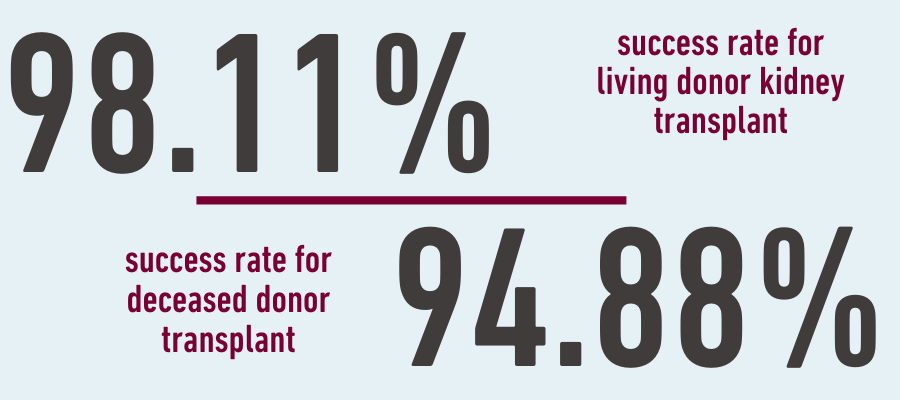
. View in Article Scopus 85. A low level in the blood means the kidney is working well a high level means the kidney is working less well. A kidney from a living donor lasts an average of 1220 years whereas a kidney from a deceased donor lasts around 812 years.
Patients in the age group of 40 or less may have a life expectancy of around 22 years after a kidney transplant. The childs own kidneys are usually not. Survival Rates for Kidney Transplant.
Weight gain can be common after a transplant. Some patients are able to have additional kidney transplants after this. The purpose of renal transplantation is to achieve a maximal improvement in quality of life QoL and life expectancy in patients with end-stage renal disease ESRD while minimizing the potential side effects of this procedure.
Results from the north Italy transplant program. What is the average life expectancy after a Kidney Transplant. A child older than two years of age can get an adult kidney if the kidney fits in their body.
This is very variable depending on the age of the donor and patient and other medical issues. How an organ transplant will affect a persons life expectancy varies depending on their age the organ transplanted and the reason for the transplantNot all transplanted organs last forever. This study was designed to assess the changes in the QoL.
The duration for which a transplanted kidney lasts may vary from person to person. Many may live for up to 20 years or more after the transplant. It is important to achieve an optimal balance between graft function and the patients QoL.
Symptoms of a respiratory infection including fever cough nasal congestion or sore throat. Maintain a healthy weight. Out of 100 people who get a transplant 5-20 people will have an acute rejection episode and less than five people will have an acute rejection episode that leads to complete failure of their new kidney.
We enrolled 577 kidney transplant recipients aged 18-74 years response rate 87. A study says 90 of people with transplant survive for at least 1 year and 70 of people may live for at least 5 years after transplant. The new kidney is usually placed in the childs lower right side of the stomach area.
7 The estimated life expectancy was approximately 4 years greater with a kidney. Pancreas and kidney 32 years. On the other hand patients who receive a kidney transplant typically live longer than those who stay on dialysis.
Please speak to your kidney care team for more personalised information. Transplant surgery for children. In the United States the 3-year graft survival rate after.
On average kidney transplants may last for around 10-12 years. The average survival of a kidney after a transplant is 1012 years for a cadaveric kidney that received from a brain dead donor and more than 15 years from a living related donor. At times our kidneys slow down their functioning or dont function at all.
Pancreas alone 24 years. However with increasing age such as with people in the age group of 50 the life expectancy goes down to 16 years and those in their 60s may have a life expectancy of 115 years after a successful kidney transplant. The 5 year survival rate for patients who have received a deceased donor kidney.
On average a kidney transplant from a living donor lasts for 20-25 years while a kidney from a deceased donor lasts 15-20 years. Patients in the age group of 40 or less may have a life expectancy of around 22 years after a kidney transplant. What is the average life expectancy after a kidney transplant.
It is exactly that time when an operation is performed to alter the kidneys using specialized techniques. We sought to determine the association between health-related quality of life HRQOL and graft function in renal transplant recipients. In smaller children the new kidney is placed in the middle of the childs stomach area.
The majority of patients 75 will live at least 5 years after a liver transplant. How long transplants last. Other eligibility requirements included stable comorbid conditions a life expectancy of at least 3 months and adequate organ and bone marrow function within 14 days of study entry.
Although there was a higher risk of death in the first 30 days compared with dialysis RR 491. And 365 days posttransplant. Kidney transplant survival rates according to the Organ Procurement and Transplantation Network.
Longest on record at Ohio State. 95 CI 209-1152 transplantation was associated with a lower risk of death thereafter 31-365 days posttransplant. More than 40 years.
Obviously this is an average some will survive less some will survive more. The loss of a kidney graft port-transplant has dropped from 52 in 1998 down to just 27 in 2009. Incidence of cancer after kidney transplant.
A living donor kidney functions on average 12 to 20 years and a deceased. However with increasing age such as with people in the age group of 50 the life expectancy goes down to 16 years and those in their 60s may have a life expectancy of 115 years after a successful kidney transplant. What is normal creatinine level after kidney transplant.
Signs of a urinary tract infection including frequent urge to urinate burning or pain during urination or discolored or off-smelling urine. A kidney transplant is done when the kidneys do not function properly. Work with your dietitian to create.
Recipients with multiple or multi-organ transplantation creatine kinase 200 UL acute renal failure or cellular rejection n 64. Acute rejection usually happens soon in the months after a transplant. There is not a normal range for creatinine in transplant patients but the average creatinine level in.
There are two types of kidney rejection that can happen after transplant. As a result the average life expectancy for a patient on dialysis is generally five years. How long transplants last.

Kidney Transplant Kidney Transplant Kidney Dialysis Renal Transplant

Department Of Surgery Kidney Transplant

Living Donor Kidney Transplant Is Better Than Deceased Donor Kidney Transplant Narayana Health

Us Deceased Kidney Transplantation Estimated Gfr Donor Age And Kdpi Association With Graft Survival Eclinicalmedicine

Long Term Outcomes Of Kidney Transplantation In Children Pediatric Clinics
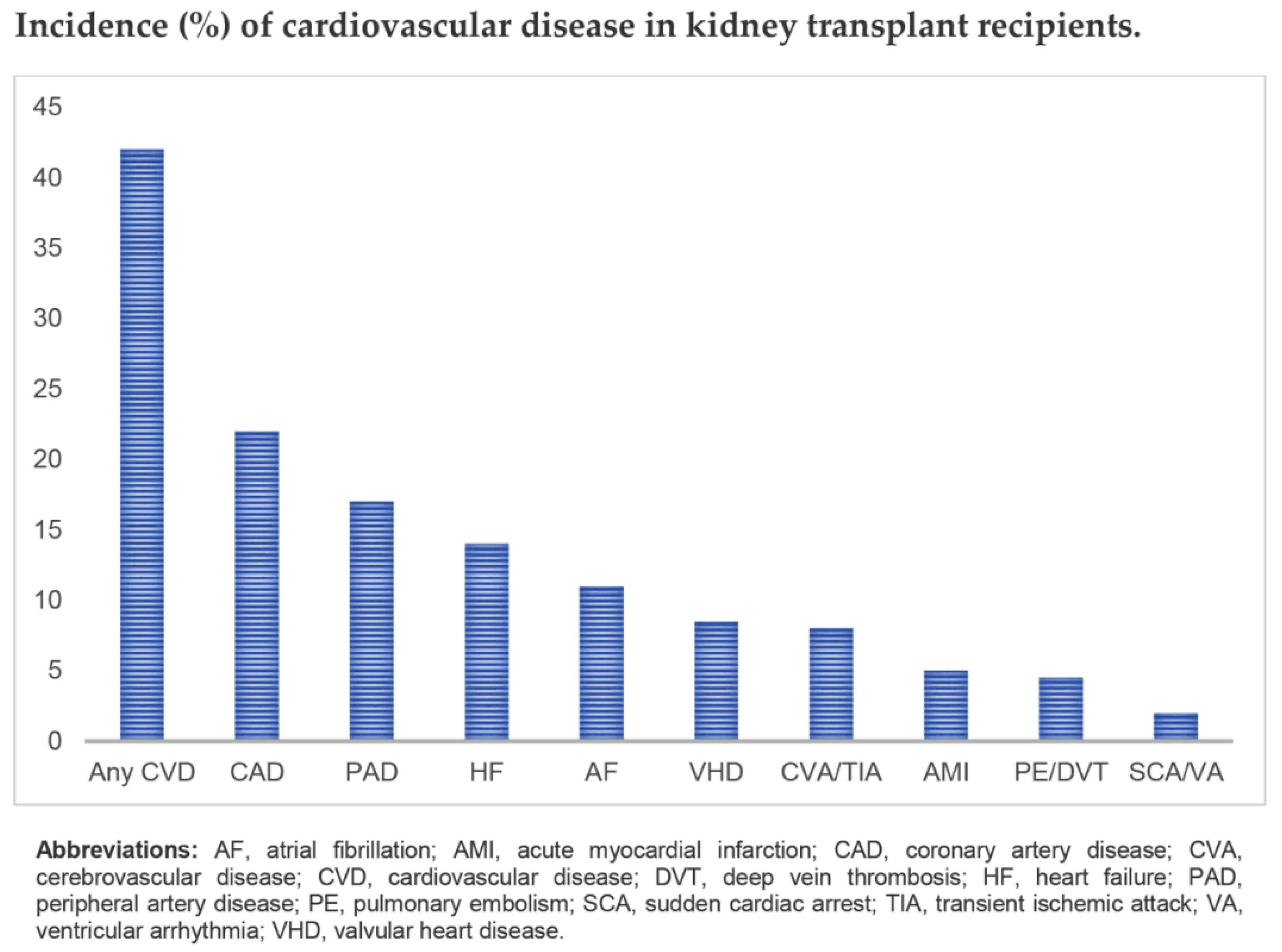
Jcm Free Full Text Recent Advances And Clinical Outcomes Of Kidney Transplantation Html

Kidney Transplant What You Need To Know Before Surgery Temple Health

The Success Rate Of Kidney Transplantation Surgery In India Kidney Transplant Success Rate Kidney
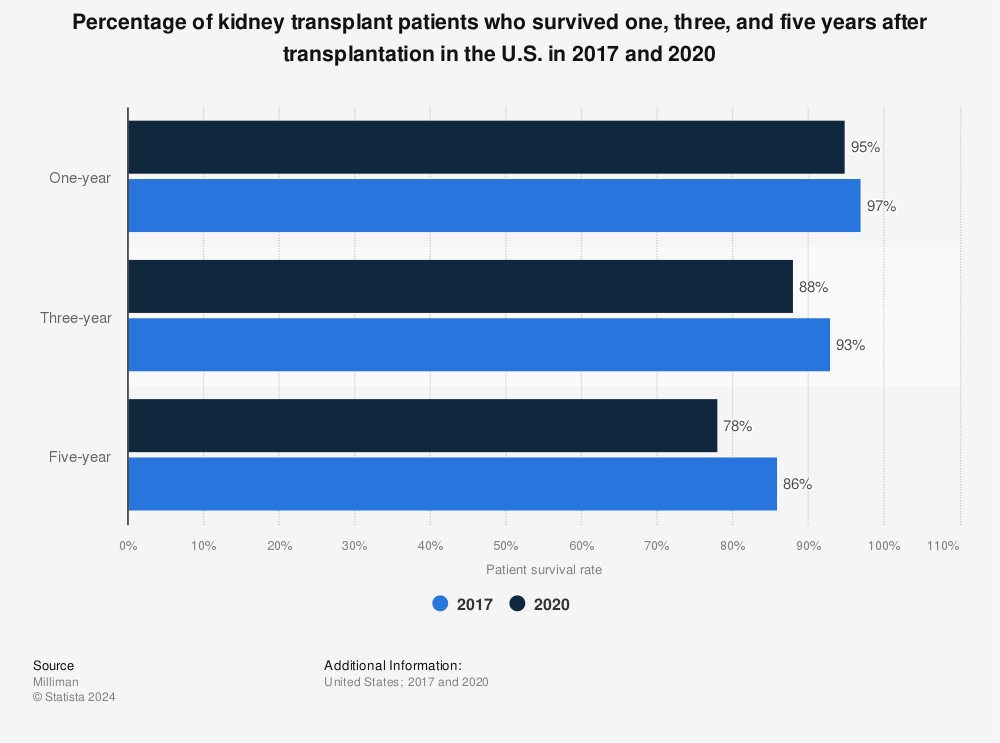
One Three And Five Year Survival Rates For Kidney Transplants U S 2017 2020 Statista

Informing The Risk Of Kidney Transplantation Versus Remaining On The Waitlist In The Coronavirus Disease 2019 Era Kidney International Reports
Benefits And Risks Of Kidney Transplant Piedmont Healthcare

Health Related Quality Of Life In Older Kidney Transplant Recipients A National Cohort Study Of Short And Longer Term Outcomes Sciencedirect
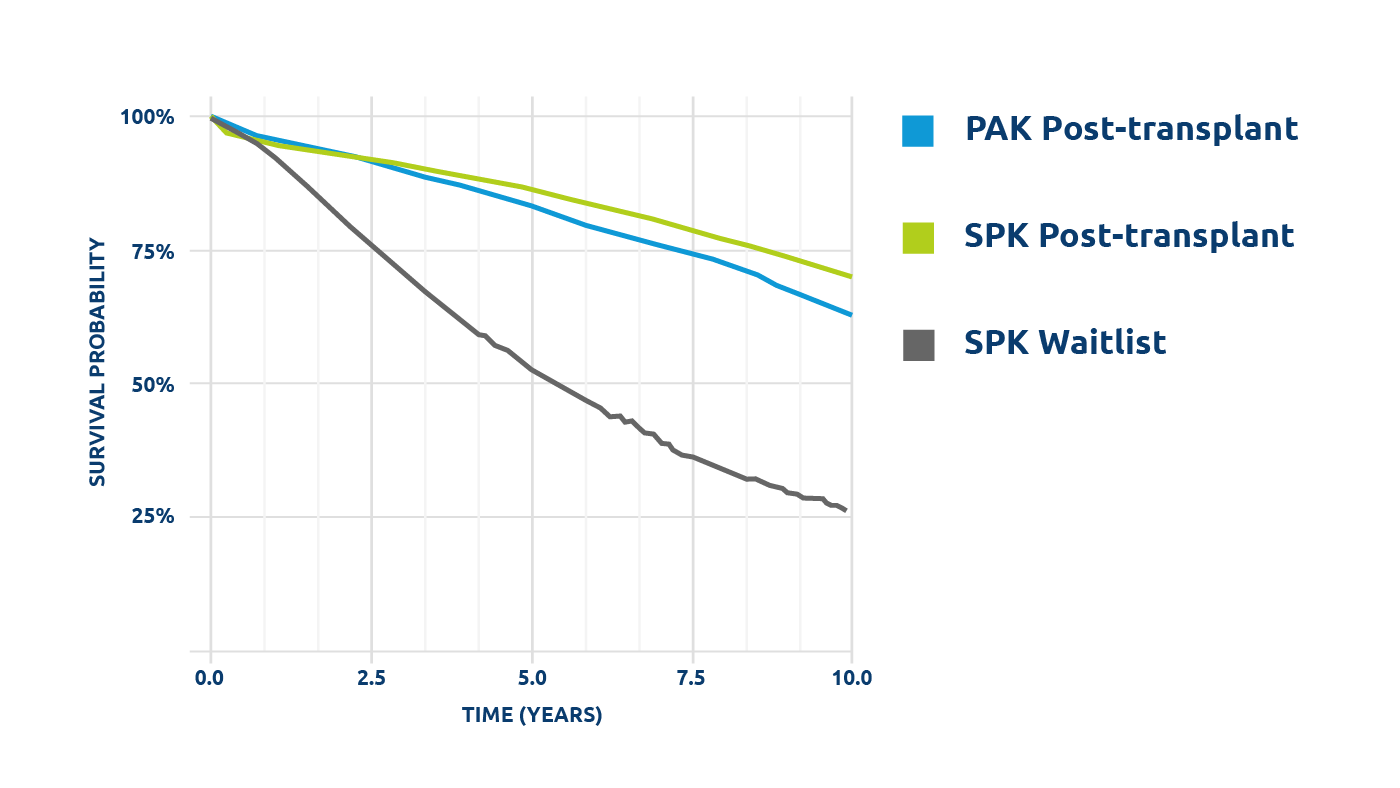
Similar Survival Rates For Pak And Spk Transplants Unos
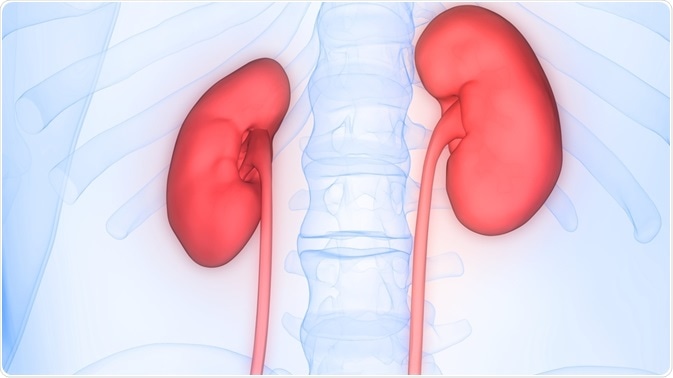
Life After A Kidney Transplant

Living Kidney Donor Organ Donation Info Collected Prior To Give My Kidney To Partner On The 14th Of Au Kidney Donation Living Kidney Donor Kidney Transplant
